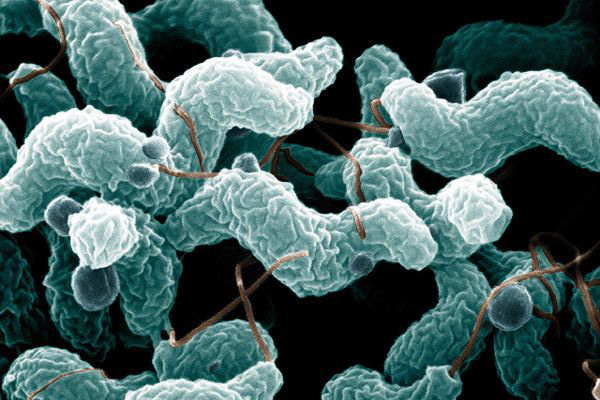Study: Campylobacter colonisation not affected by breed

The poultry industry and research groups have long sought to intervene to either eliminate or reduce levels of Campylobacter throughout the food production chain. However, there has been limited success, partly due to the relatively poor understanding of the biology of Campylobacter within the chicken.
In a study published in issue 21 of Applied and Environmental Microbiology, Aviagen researchers set out to investigate whether there was any link between chicken genotypes and growth rate with the incidence of Campylobacter in the intestines of the birds. Because of the range of broilers available to the consumer, if there were certain genotypes or breeds that were predisposed to carrying Campylobacter, this would be a major factor in identifying novel interventions.
It was demonstrated that under field conditions (with a natural exposure to Campylobacter on farm), birds of varying growth rates and different broiler breeds did not carry statistically significantly different levels of Campylobacter.
This is important from a public health perspective and suggests that other underlying reasons beyond genotype and growth rate are likely to control and affect Campylobacter colonisation within chickens.
Aviagen are currently working on a BBSRC funded collaborative project with the Roslin Institute investigating genetic resistance to Campylobacter within chickens.
The official published paper can be found on Pubmed.













